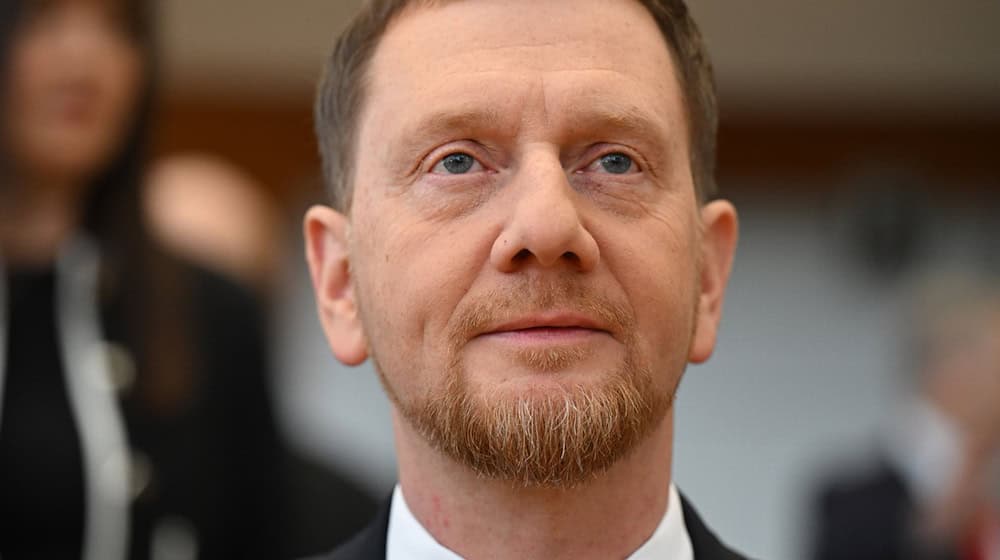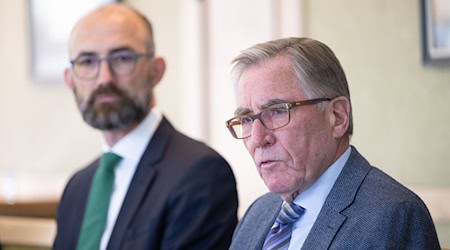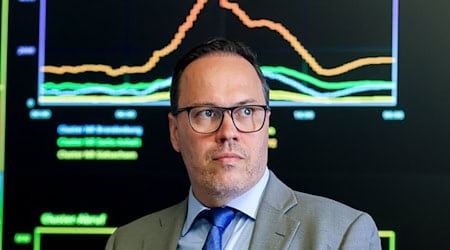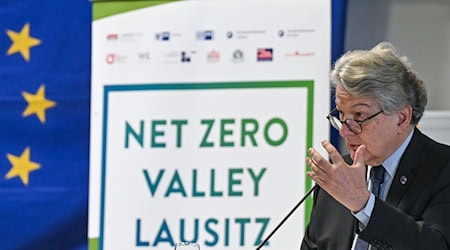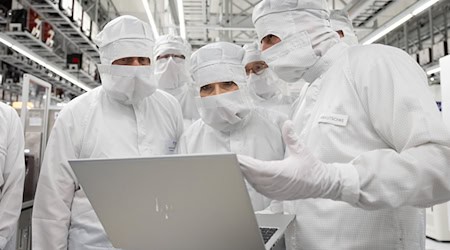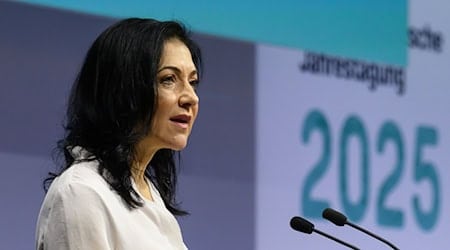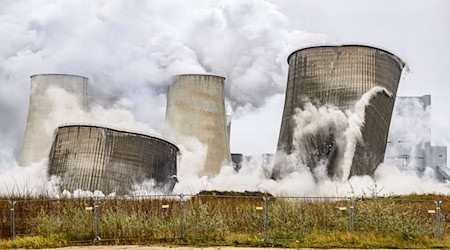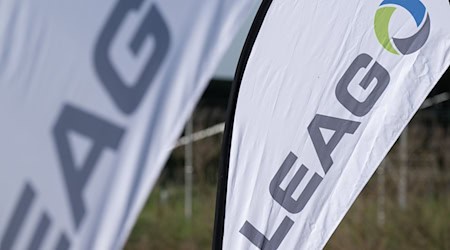In the opinion of Saxony's Minister President Michael Kretschmer (CDU), Germany can only emerge from the crisis with a fundamentally different economic policy. "There are dramatic deficits in Germany's budgets. And the same situation of having to make savings and set priorities prevails everywhere," he told the German Press Agency.
Kretschmer considers previous economic policy to be misguided
"The reason is an absolutely misguided economic policy," emphasized Kretschmer. This includes making energy more expensive, bureaucracy and hostility towards technology. "If we have the chance to release the brakes on growth with a new government, then we have a chance of turning the tide. It's about bridging two or three years."
He was pleased that Friedrich Merz, as the Union's candidate for chancellor, was placing economic policy at the center of his election campaign and advocating a different policy with partners from other European countries. Kretschmer recalled the excessive documentation requirements in the EU. "A completely excessive density of regulations has arisen. This must stop, otherwise we will not be competitive with China and the USA."
"You just have to take off the ideological blinkers."
The concerns not only affect the automotive industry, but also sectors such as chemicals, steel and construction. "We just have to take off the ideological blinkers and allow construction to be carried out to previous standards again. Then we will also get out of the trap of housing becoming more and more expensive. We are going the completely wrong way. We are managing the shortage situation with the rent brake, for example, instead of enabling the low-cost construction of new apartments."
Kretschmer also spoke out in favor of not completely writing off nuclear energy. "Almost all of Germany's neighbors rely on nuclear energy - at least for parts of their energy supply. There is a lot to suggest that they can't all be wrong." These countries have a competitive advantage - low-cost nuclear power as a base load. Ecology and economy should be treated equally.
Kretschmer calls for a reorientation of the energy transition
According to Kretschmer, the energy transition must be restructured and accompanied by a commission of experts. "A country that weakens itself economically will not be able to master the challenges of the future. Nor can it be a role model for others who are still facing the energy transition."
"Politicians have the task of instilling trust. Trust can only be built through reliable action over a long period of time. Not constantly going in and out of the potatoes," explained Kretschmer. Unfortunately, Germany has failed to invest sufficiently in infrastructure. "Germany's great strength of having a reliable infrastructure no longer exists."
Germany must pick up speed by reducing regulations
That is why we must now act quickly and pick up speed by reducing regulations. "Construction is always fast. But it depends on the approval regulations. Replacing an existing bridge requires neither a new planning approval nor a new environmental assessment. It could be rebuilt in 12 months. "If we want it, we can do it. The right to build must not be a right to prevent, it must be a right to enable."
"It is time to give Deutsche Bahn and other stakeholders the reliability they need to bring the infrastructure up to a first-class standard. This requires financial security over a longer period of time and not the annual horizon of a federal budget," said Kretschmer. What is needed is a special fund to enable the construction of roads, bridges and railroads over the next ten years.
Kretschmer wants special funds for infrastructure and municipalities
"I am very much in favor of such a special fund to get Germany back on its feet. There is no other way to do it than through credit financing," explained Kretschmer, putting the figure for such assets for infrastructure and another for investments in the municipalities at 100 billion euros each. "That would be reliability."
"A CDU-led federal government must provide reliability and get things back on track. It must have confidence in the people. The state is not there to educate citizens. It must pave the way for a secure life and opportunities for development, said Kretschmer. The state must not constantly stand in people's way: "That is the most important maxim."
Copyright 2025, dpa (www.dpa.de). All rights reserved

